Car sickness is a common problem many of us face. If you’re prone to feeling unwell in a car, there’s little more daunting than a long journey where you’re inevitably going to want to spend most of it performing a ‘technicolour yawn’ all over the backseat.
According to the RAC, one in five people experience symptoms of car sickness. If you’re one of those, there are some ways you can counter it — here’s our advice for keeping a queasy stomach at bay while on the road.
Pick the right seat
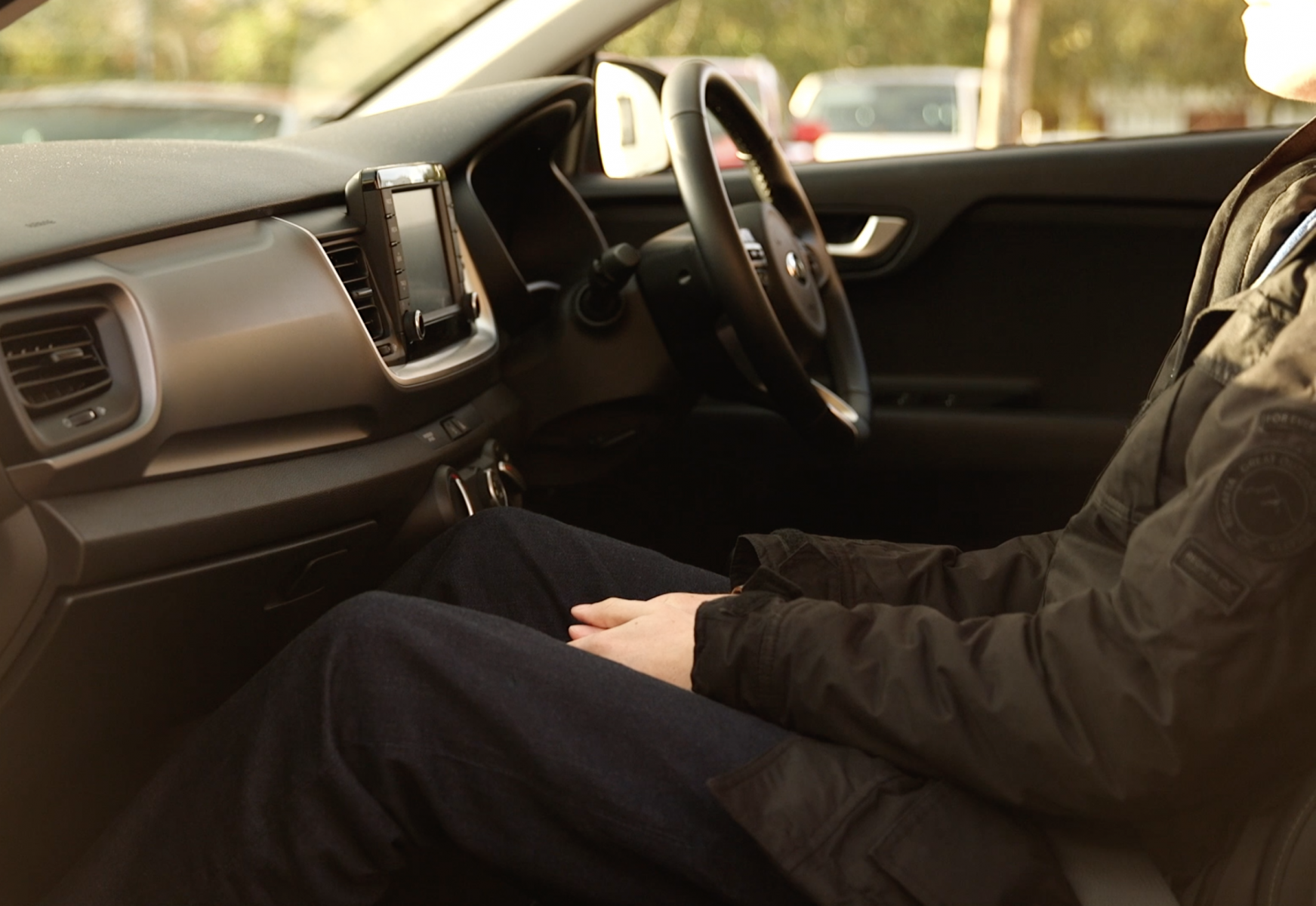
One way to avoid car sickness before even setting off can simply come down to picking the right seat. Minimising perceived motion can be super effective in countering symptoms, and there’s no better place to do that than in the front.
It’s believed sitting in the back of a car and staring at a stationary seat in front can trick your brain to think you’re not moving, but the sound coming to your ears will cause confusion — resulting in the feeling of sickness. Sitting in the middle seat if you must be in the back can help counter this, too.
Fix your eyes on this
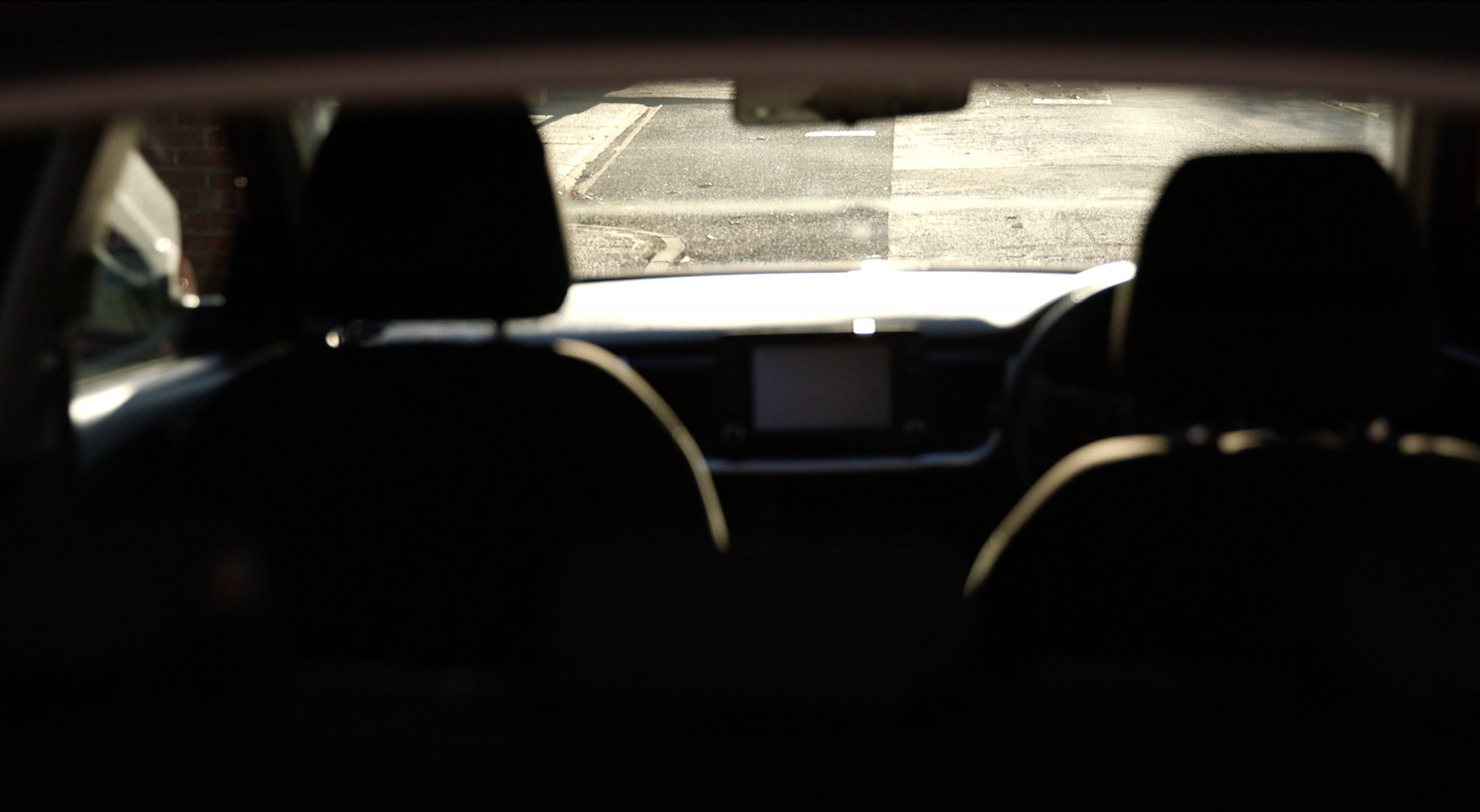
This is aimed more at passengers than drivers but looking outside the car on a fixed point is another easy way to help counter the effects of motion sickness. Looking at passing objects or cars travelling the other way will enhance the effects — so instead, look to fix your eyes on one constant thing. Prominent scenery or the horizon line are usually good go-to options.
Take a break
No matter how hard you try to avoid motion sickness, the best cure is ultimately to be stationary. On longer journeys, taking frequent breaks can minimise the chances of symptoms worsening — and also gives you a chance to take in some fresh air. Use this chance to grab a drink or a light bite to eat, too.
Fresh air and good ventilation
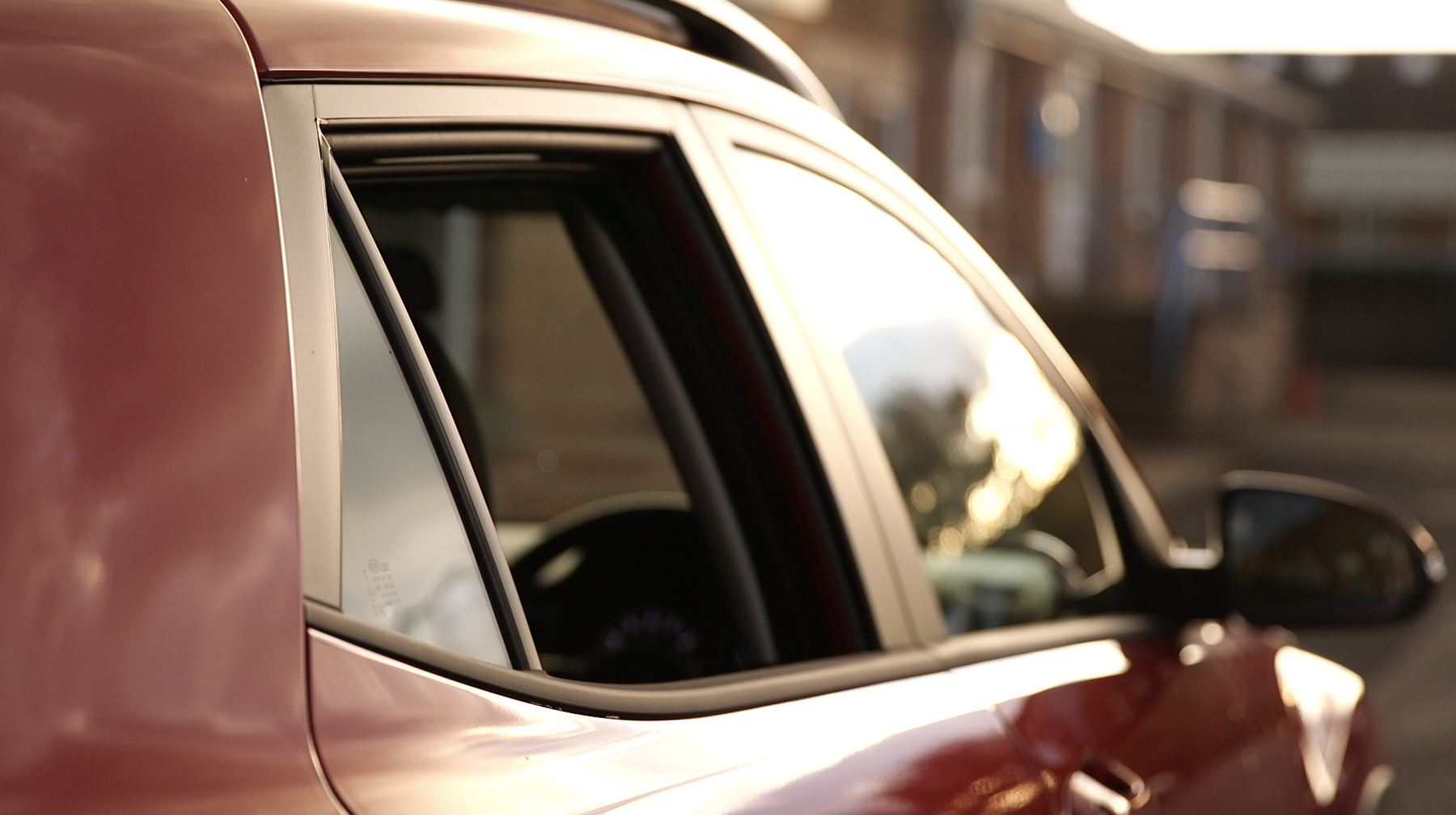
Just like any kind of sickness, breathing fresh air will do wonders to help. Open a window to let it circulate around the car, and have the air conditioning on to keep the cabin well-ventilated and well-cooled.
Close your eyes, and take deep breaths
Sometimes, it’s easier to just pretend you’re not travelling. Closing your eyes can shut off the visual cues of motion that can freak your brain out, while focusing on your breathing will distract your mind from everything else.
Distract yourself
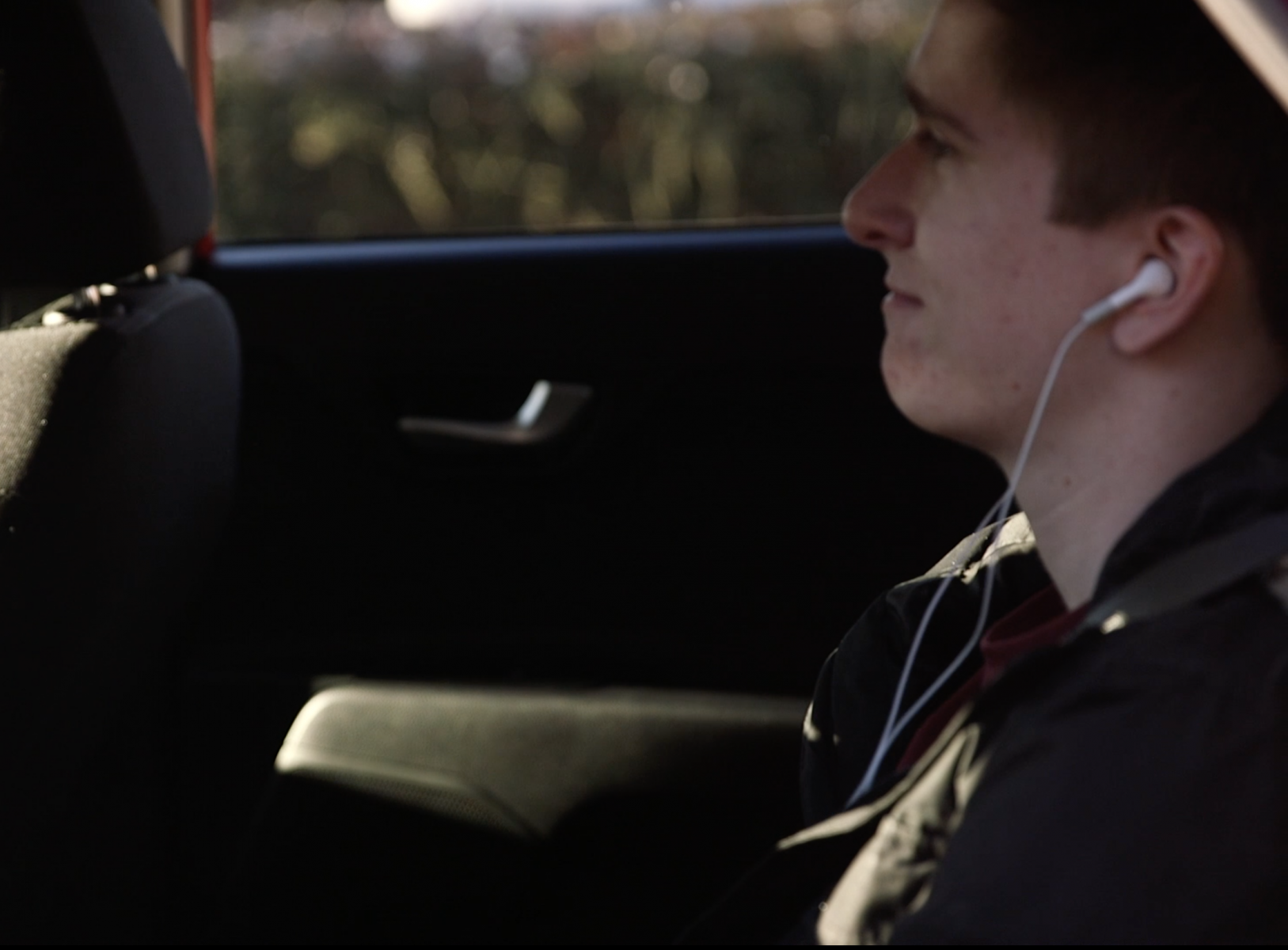
Similar to our previous tip of closing your eyes, distracting yourself by other means can help with reducing the symptoms of car sickness. Listening to music, chatting to other people in the car or playing a game like ‘spot the yellow Mini’ could help focus your attention away from your ill feelings.
Think about your food choice
If you’re prone to car sickness, eating a heavy meal or drinking alcohol before getting into the passenger’s seat, or even while there, could heighten your discomfort. Eat and drink well in advance of your journey, and pack light snacks for the trip if you’re in need of something to eat.
Put the book or phone down
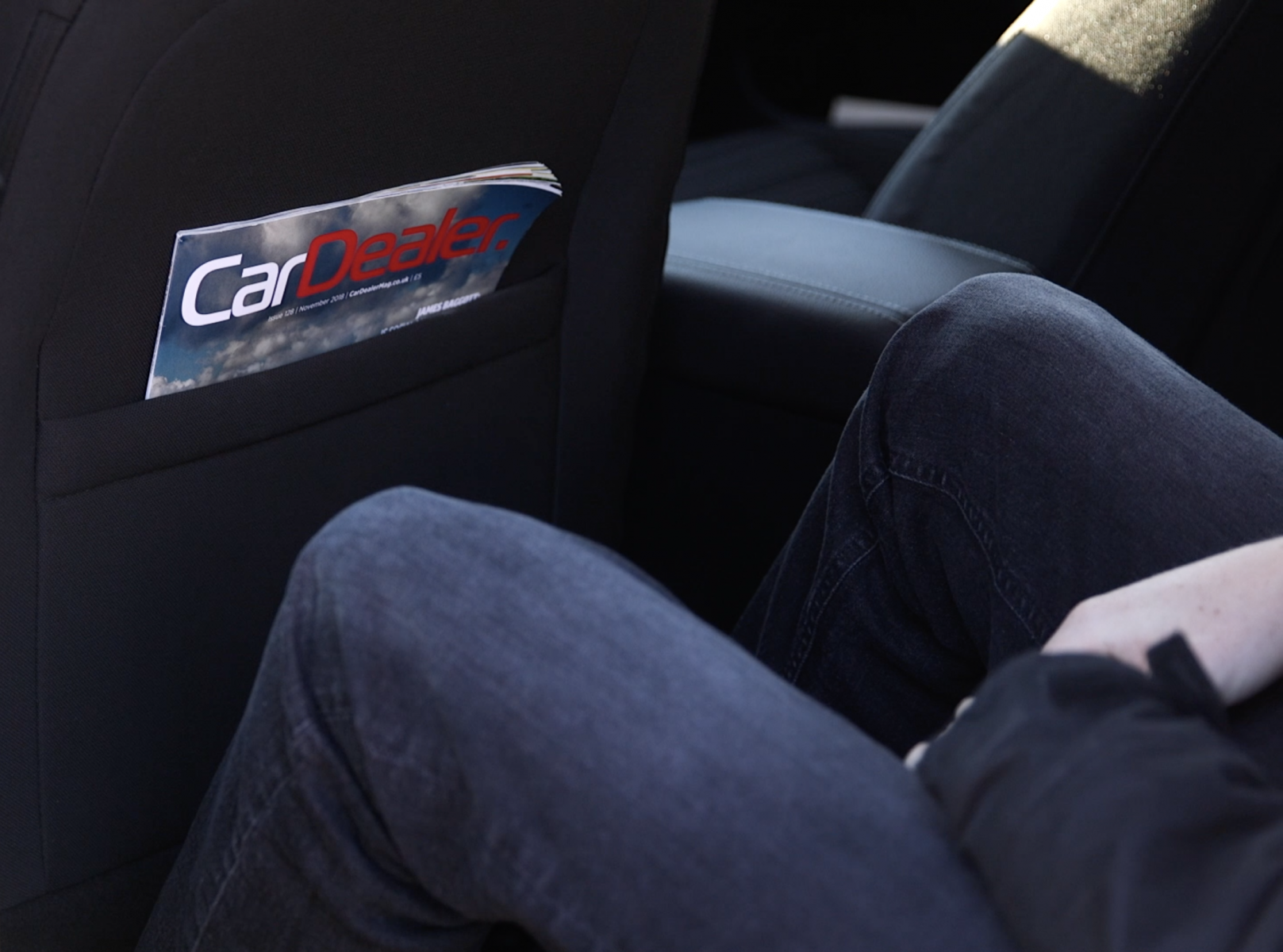
While distracting yourself can help with motion sickness, some ‘distractions’ will only serve to make it worse. As mentioned before, fixing on a static object in the car can mess with your senses — and as a result, reading a book or playing on your phone while on the move can only worsen things.
Seek medical assistance
No matter how hard some try, car sickness just won’t go away. In this case, it’s worth speaking to your doctor or a pharmacist, who may prescribe you with appropriate medication to ease the symptoms.

